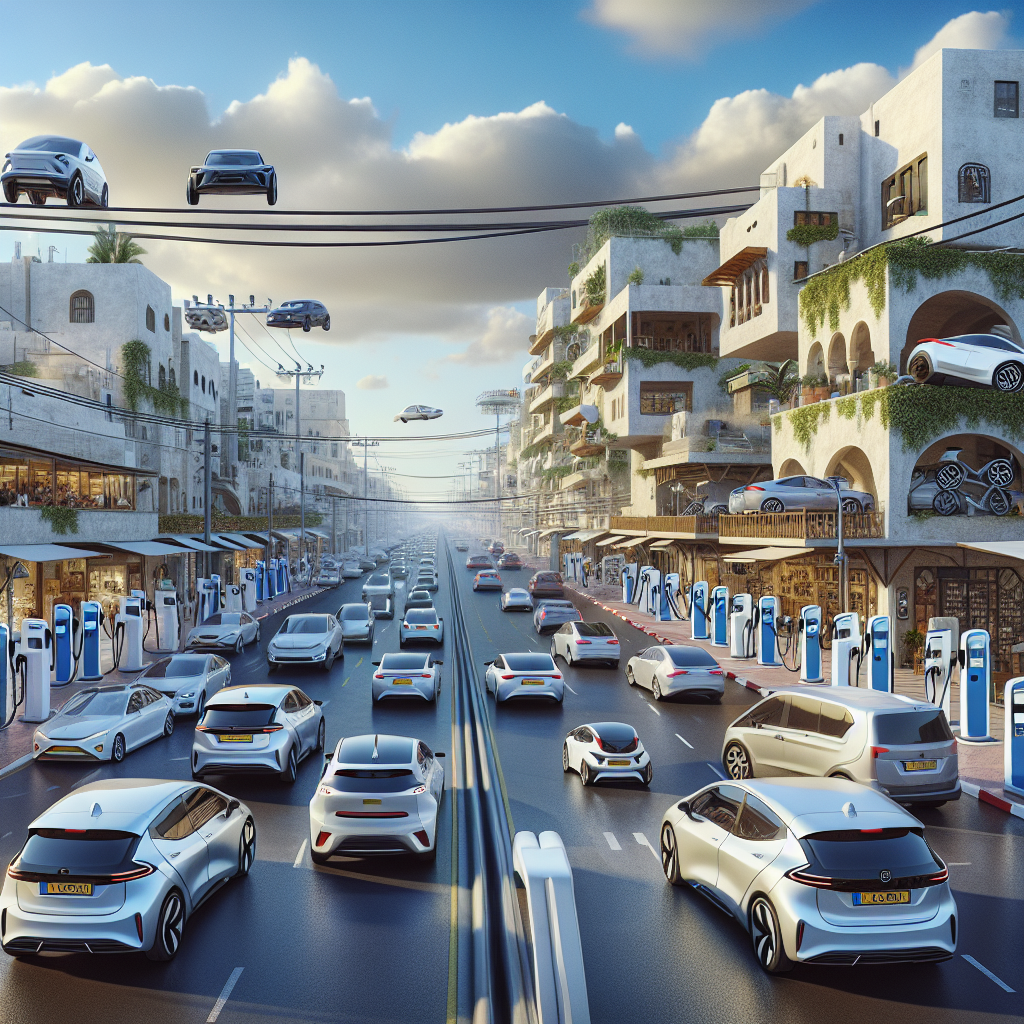At Seattle’s historic Bell Harbor Marina earlier this week, a diverse coalition of leaders from across the maritime industry gathered to address one of the most pressing challenges of our time: securing a sustainable future for the world’s oceans. Billed as the inaugural Blue Forum: Ocean+ event, the gathering served as both a rallying cry and a strategic planning session, underscoring the message captured in the piece titled “We cannot save the ocean alone,” published by GeekWire.
The event, hosted by the U.S. Department of Energy in collaboration with local and national partners, highlighted the increasing urgency of balancing the economic potential of maritime industries with the environmental realities of ocean degradation and climate disruption. As shipping traffic intensifies, carbon emissions rise, and marine ecosystems face mounting pressures, experts emphasized that cross-sector collaboration is no longer optional—it is essential.
Both public and private sector representatives offered a sobering assessment of the situation. Stakeholders from clean-tech startups, tribal governments, maritime unions, federal regulatory agencies, and universities all voiced the same refrain: without integrated approaches that consider energy innovation, sustainable fisheries, and equitable workforce development, the health of the oceans—and the livelihoods that depend on them—remain at risk.
Panel discussions delved into nuanced technical topics such as offshore wind development, marine energy technologies, and the deployment of digital tools for ocean mapping and data collection. But conversation repeatedly returned to the complex web of competing interests that must be aligned. Maritime sustainability, the speakers argued, cannot be siloed from broader issues like climate change mitigation, Indigenous resource stewardship, and economic justice in coastal communities.
The forum’s host city amplified the symbolism. Seattle, a historic hub of maritime commerce and home to one of the nation’s largest fishing and shipping ports, stands at the intersection of climate vulnerability and innovation opportunity. Officials from the Pacific Northwest National Laboratory and the National Oceanic and Atmospheric Administration (NOAA) pointed to locally funded research and pilot projects already charting new territory in ocean energy and coastal resilience.
One of the forum’s goals was to craft a shared roadmap for decarbonizing the maritime sector—still a relatively nascent effort compared to land-based climate initiatives. Participants stressed that decarbonization will require transformational innovation in vessel propulsion, port electrification, and logistics networks, all while maintaining maritime safety and economic competitiveness.
Nonetheless, forum speakers were clear-eyed about the challenges ahead. Funding gaps, regulatory hurdles, and a fragmented policy landscape continue to stall progress at scale. Several leaders emphasized that community engagement, particularly with Indigenous and underserved coastal populations, must be prioritized to ensure that new technologies and strategies are implemented equitably.
As the Blue Forum: Ocean+ moves from its inaugural phase into a recurring dialogue platform, organizers hope to galvanize lasting partnerships. The choice of the plus sign in the forum’s name was deliberate, a reflection of the multi-dimensional collaboration required to save what is, by any measure, one of Earth’s most vital ecosystems.
As GeekWire noted in its coverage, the forum’s central premise—that “we cannot save the ocean alone”—rings increasingly true in an era where no single stakeholder can claim responsibility for solutions. The event served as a reminder that the challenges of maritime sustainability demand collective action, driven by urgency but grounded in pragmatism and respect for the interconnected systems at play.



